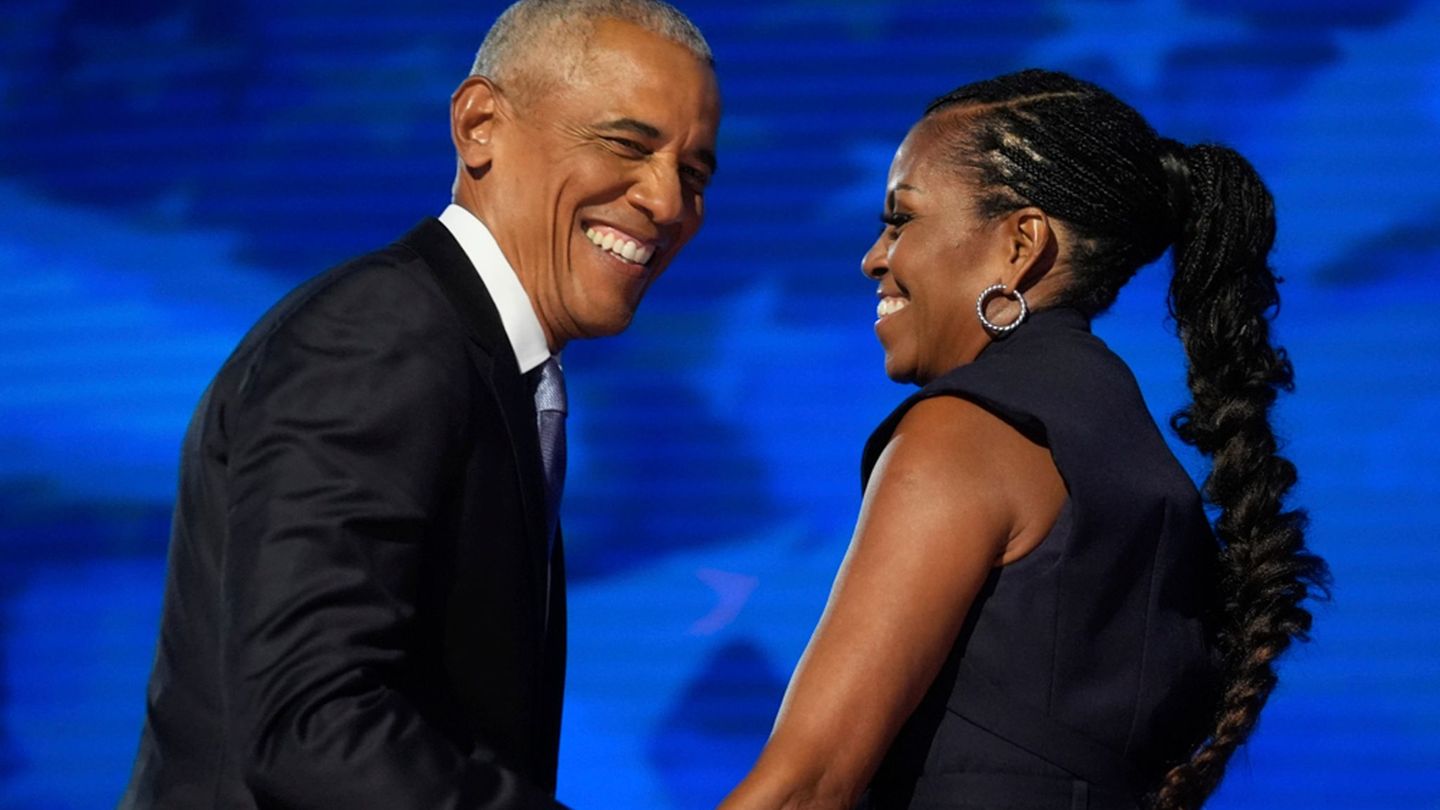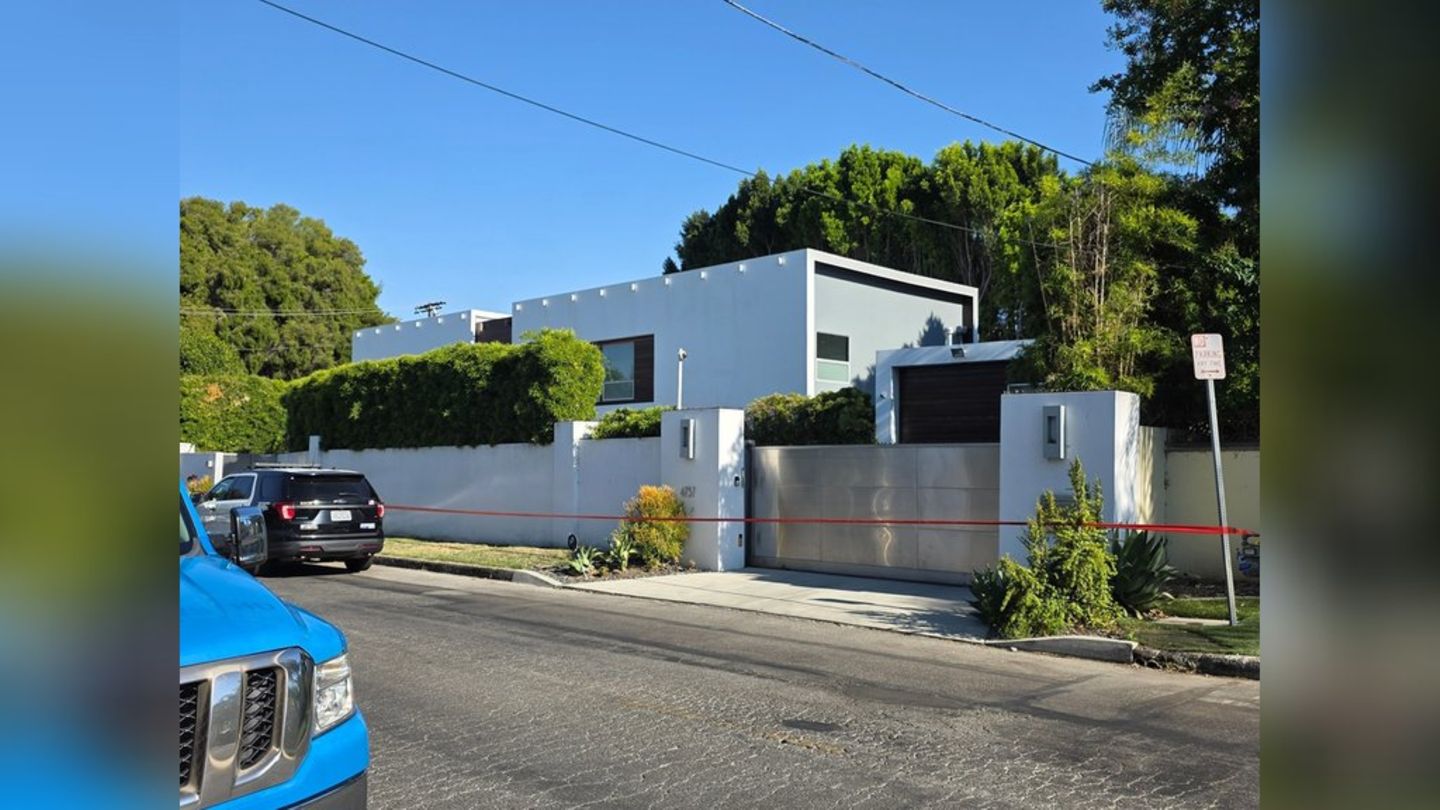The political crisis in Uruguay It did not end with the resignation of two ministers and an undersecretary, much less with the press conference given by the president. Luis Lacalle Pou upon his return to the country. Not only because since Wide Front point out that the official responses to the government’s responsibility in the Marset scandal were insufficient, but because the doubts are within the very interior of the Multicolor Coalition and relives disagreements between partners.
Although the departure of the Minister of the Interior from the government Luis Alberto Heber and his second in the portfolio, Guillermo Maciel —along with that of the presidential advisor Roberto Lafluf, following the resignation of the chancellor Francisco Bustillo—, It was a base from which all parties started; The differences soon became noticeable at the level of support for the president’s actions.
In this sense, the National Party (PN) He quickly expressed “his full support for the president of the republic and the coalition government,” as was expected to try to alleviate the crisis that had as its main protagonists the leaders of the nationalist kidney. Direction contrary to that also expected by the Frente Amplio, which pointed towards a possible relationship or influence of drug trafficking in Uruguayan politics.
Based on the latter, the whites demanded from the opposition “institutional and democratic loyalty (…), the same attitude that the National Party had in the face of events experienced in the Frente-Amplista governments”; in reference to the resignation of the former vice president in the second term of Tabaré Vázquez, Raúl Sendic.
The National Party also rejected “the policy of attacks without ethical limits carried out by the Frente Amplio”, and the president of the board, Pablo Iturralde, He demanded “another attitude” from his peer, Fernando Pereira. “To go to the sewers, they are not going to count on us,” he said.
On the red side, meanwhile, support was not unanimous, although it was a majority: National Executive Committee (CEN) of the Colorado Party defended “the legality of the granting of that identity document” although they recognized “the insufficient and contradictory information about its processing.”
In any case, and despite pointing out the errors committed, the main member of the PN considered “that the resignations open another stage.” Although for a sector represented by the former president of Citizens, Margarita Machado, This position was not sufficient in the face of “ethical and political crisis” that the government goes through.
Do the lobbying doubts open a new conflict in the coalition?
It still remains that Town meeting to speak openly on the issue but not only because of the “doubts” raised by its leader Guido Manini Ríos, but also because of the history of earthquakes generated by the statements of the “rebel partner”, in the rest of the Multicolor Coalition there is concern about what may be generated from the meeting of the Political Table lobbyist
Manini Ríos still has “some doubts” on the granting of a passport to the drug trafficker Sebastian Marset, especially regarding “the speed” with which it was issued. For the lobby leader, “common sense” was lacking in the decisions that, finally, led to the current political crisis. And, in that sense, the president’s explanations were not enough.
“There is a central issue here, which is to get to the root of why certain events occurred, why that passport was issued so quickly“, he said in dialogue with Radiomundo, advancing the position that the entire party possibly has.
For the government, lobbyists can open a new battle front within the coalition at a time of great fragility: the doubts of the partners themselves can mean new tensions in the Multicolor Coalition, which has already overcome several crises so far this year.
On this occasion, it seems that it will be difficult to avoid those arranged around the issue: those led by Manini Ríos are sensitive when corruption is on the table, especially after he himself Lacalle Pou asked the former minister of Housing and Territorial Planning (MVOT) Irene Moreira for irregularities in his portfolio. To the point that the party leader pointed out the president himself as responsible—to a certain extent—for the meeting in which the documentation related to the delivery of the passport was intended to be eliminated.
If the tone of these statements is repeated, it will be difficult for the coalition partners to turn a deaf ear or, in any case, simply reject the accusations as they did before the Frente Amplio. So a new crisis could hit the government in a week that has already brought too much bad news.
Source: Ambito




